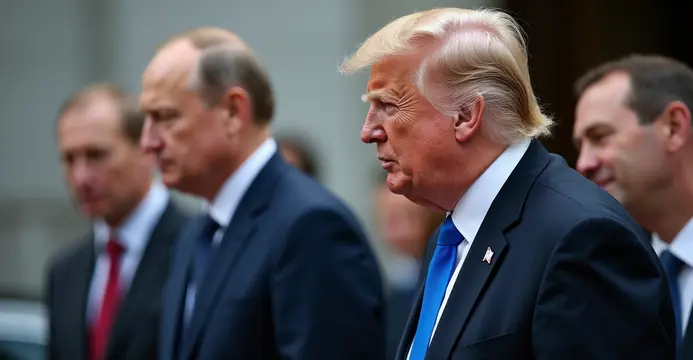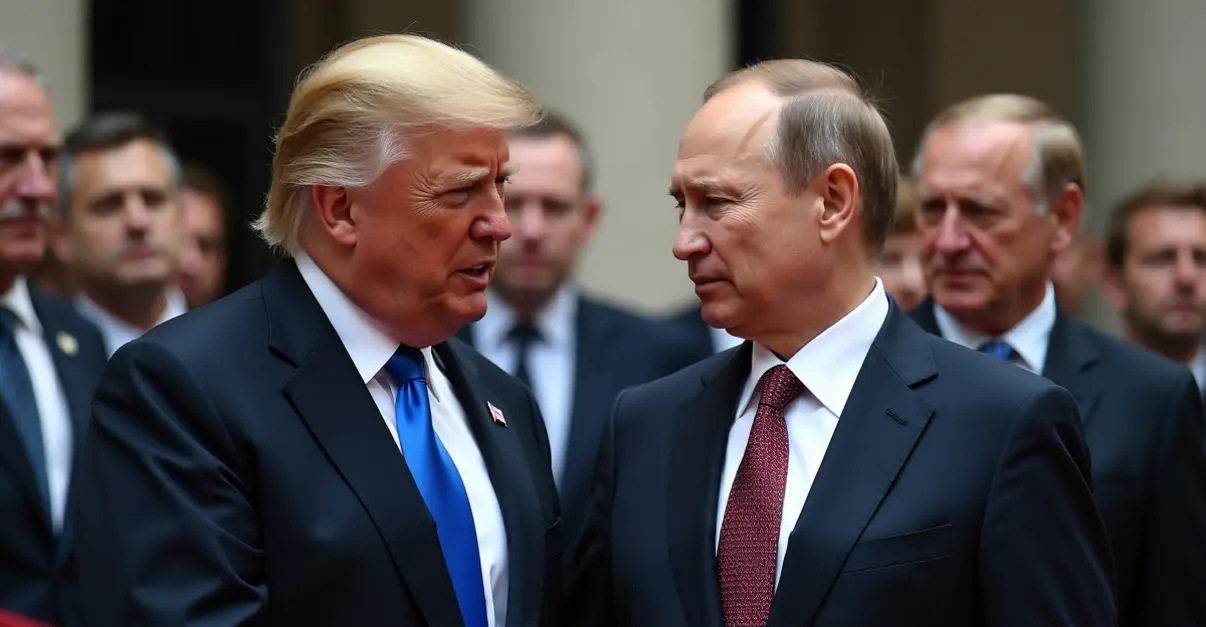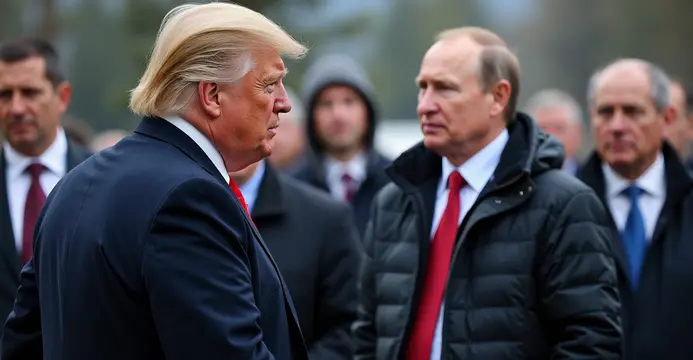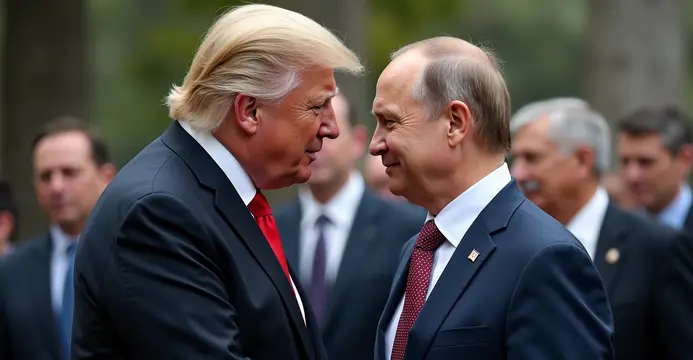Historic Alaska Summit Scheduled
U.S. President Donald Trump and Russian President Vladimir Putin will meet in Alaska this Friday, marking their first face-to-face discussion since 2019. The announcement came via Trump's Truth Social platform, with subsequent confirmation from the Kremlin. The leaders will focus on resolving the ongoing conflict in Ukraine, though specific agenda details remain undisclosed.
Territorial Concessions Controversy
During preliminary remarks, Trump suggested all parties were nearing a ceasefire agreement potentially involving "territorial exchanges" - a proposal Ukrainian President Zelensky has consistently rejected. This meeting follows Wednesday's three-hour preparatory discussion between Putin and U.S. diplomat Steve Witkoff, described by Moscow as "positive and constructive."
Strategic Location Choice
Alaska was selected for both its proximity to Russia and security considerations. The location avoids complications from Putin's International Criminal Court arrest warrant, which restricts his travel to 125 member countries. U.S. correspondent Rudy Bouma noted: "Alaska provides geopolitical safety while symbolizing the nations' physical connection across the Bering Strait."
Diplomatic Context
This represents the seventh Trump-Putin meeting, with their controversial 2018 Helsinki summit remaining particularly memorable. During that encounter, Trump appeared to favor Putin's denial of 2016 election interference over U.S. intelligence conclusions. Witkoff's recent visits to Moscow have echoed similar receptiveness to Kremlin narratives, including claims about referendums in occupied Ukrainian territories.
Economic Pressure Tactics
Concurrently, Trump has escalated economic measures against nations maintaining Russian trade relationships, imposing 25% tariffs on Indian imports following their continued Russian oil purchases. The U.S. administration has issued similar warnings to China and other Russian trading partners, framing these actions as pressure tactics ahead of the Alaska negotiations.

 Nederlands
Nederlands
 English
English
 Deutsch
Deutsch
 Français
Français
 Español
Español
 Português
Português










